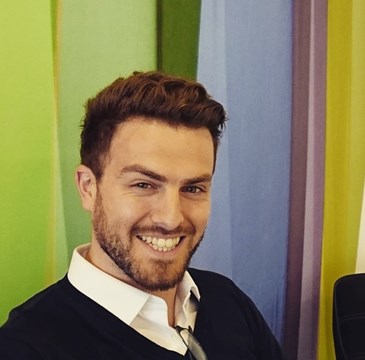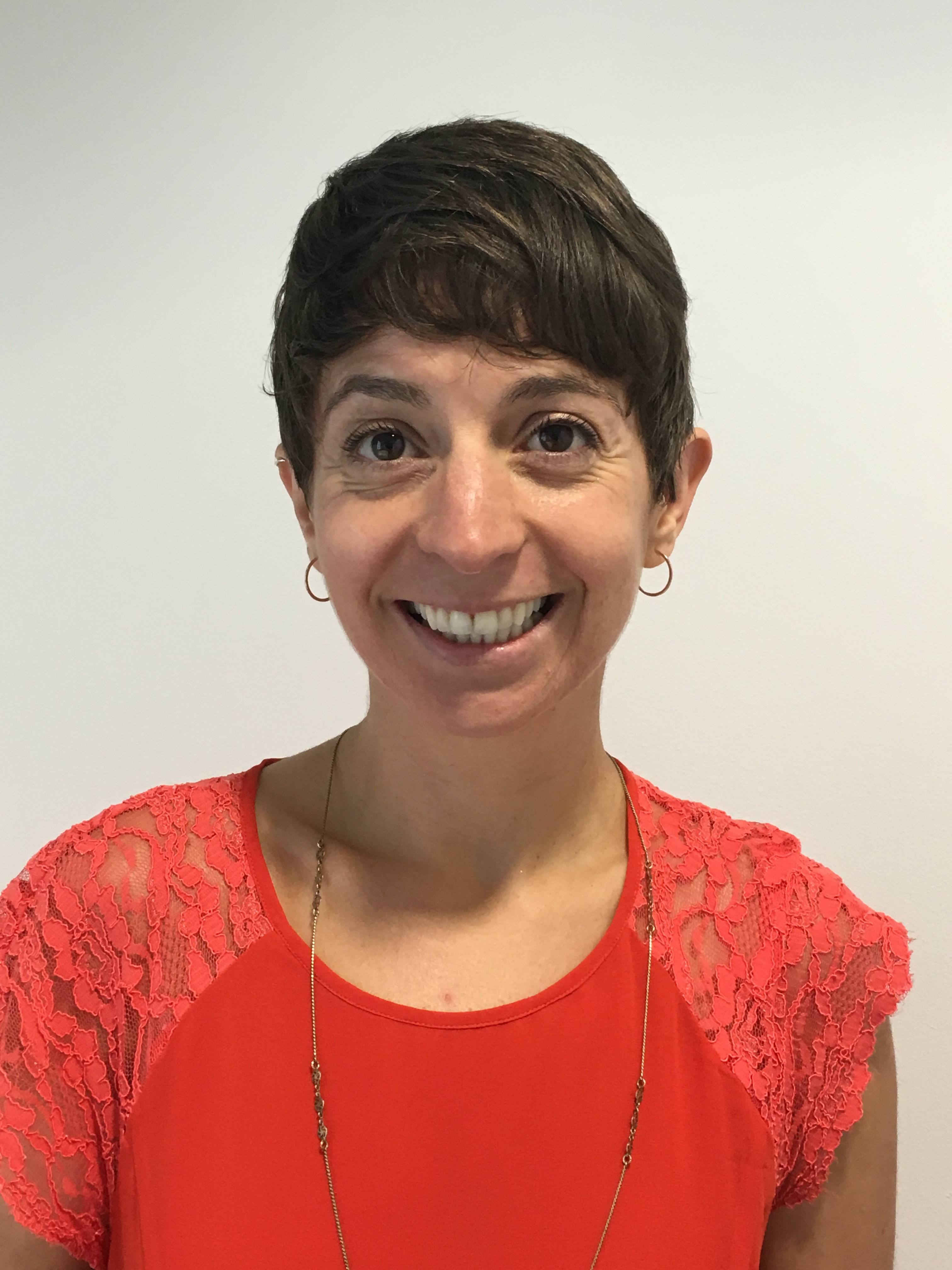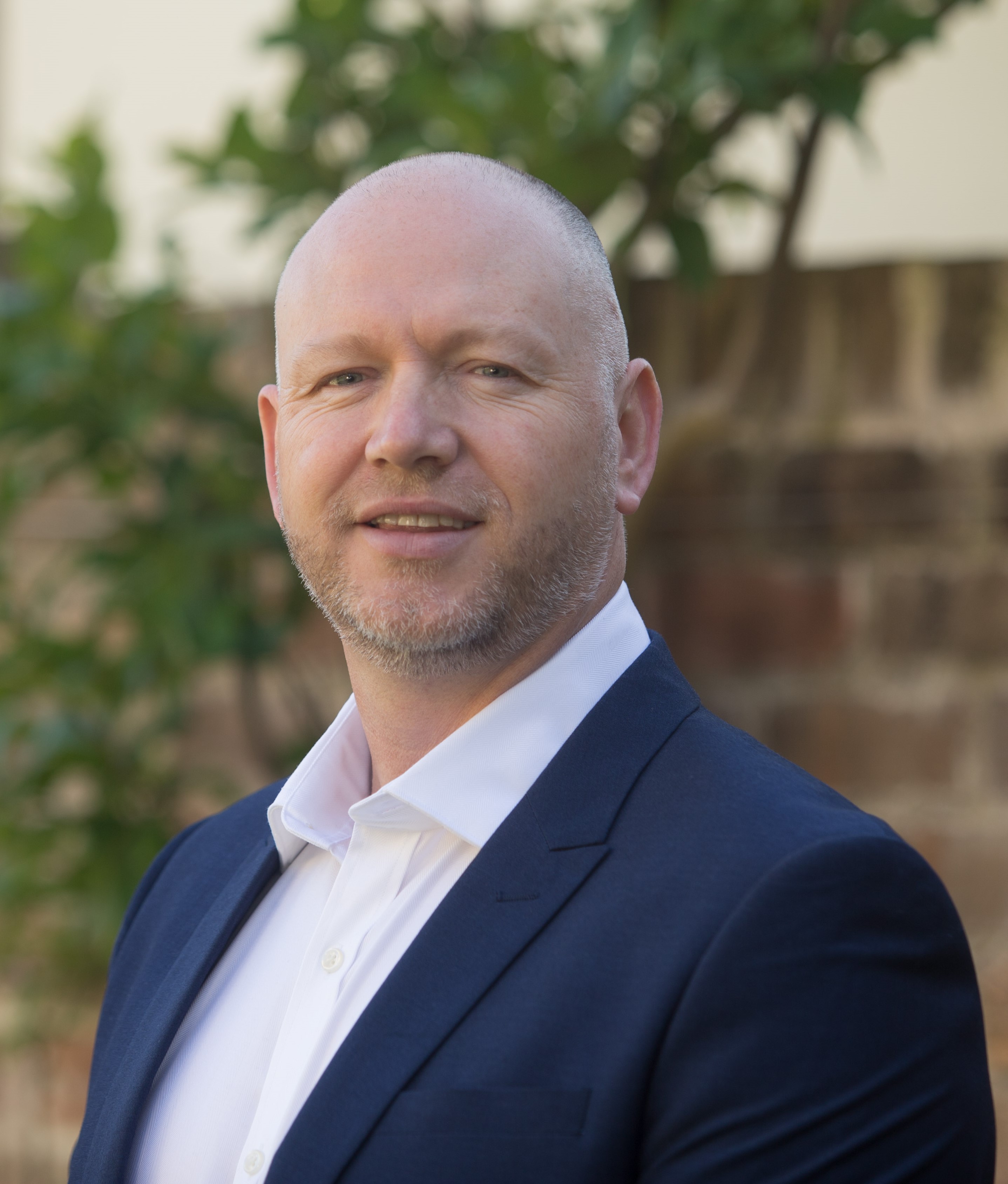Skye McGregor, IRMCert: Risk Manager, Co-op Insurance
Skye McGregor, IRMCert
Risk Manager
People Risk, Financial Crime, Pricing & Underwriting
Co-op Insurance
How did you get your job?
Without going into detail about my failed attempt at education the first time around, I decided to study Philosophy & Logic at The University of Manchester as a mature student. Simply put, there are two schools of philosophy; continental (think Camus, Satre) and analytical (think Russell, Wittgenstein). Due to its history, analytical philosophy and Manchester are synonymous.
Studying subjects such as metaphysics, normative ethics, epistemology, symbolic and quantificational logic, philosophy of science and critical thinking, etc., allowed me to alter the way in which I thought about and interacted with the world, and develop the transferable skills necessary to succeed in areas of business such as project and risk management. When deconstructed, both disciplines focus on what we know exists, what we know might change, where we want to get to, and then numerous unknowns. It was the combination of the knowns and unknowns that I really enjoyed.
Half-way through my MSc I was offered one job in the project space, then soon after I was offered another in Risk. I decided to take it and agreed with my Exec that as part of accepting the role, I could study the International Certificate in Enterprise Risk Management.
What’s a typical day like as a Risk Manager?
My role is incredibly varied as I’m the 1st Line Risk Manager for People Risk, Pricing and Underwriting, and Financial Crime. The diversity of technical areas and non-technical areas makes the general duties and responsibilities such as RCSA, Risk Events, Risk Acceptances, Reporting, etc., very interesting. On the people risk side I’m heavily involved in the Senior Insurance Managers Regime (soon to be SM&CR) and manage an intragroup contract.
A typical day could be anything from reviewing risk policies, liaising with Audit, attending Fraud Strategy meetings, or working on ad hoc issues such as GDPR and Brexit.
What do you enjoy most about your job?
I think a lot of people in the business environment view risk, whether it’s 1st, 2nd, or 3rd line, as the fun police; those who are there to tick boxes and create bureaucracy. What I really enjoy about my role is twofold: firstly, helping to change people’s perceptions of risk and especially how it can create value for their function. I like to think that the majority of my work is stakeholder engagement/management (asking the right people the right questions – in the right way – at the right time). If you can create buy-in and demonstrate value it really helps embed the IRM’s principles of risk management (PACED), and also the benefits (MADE2). Secondly, understanding how and why things flow the way they do makes things incredibly interesting from a business and commercial perspective and obviously this is constantly changing (regulation and tech, for example.) – It’s good for development to be in an environment which is always changing and where you have to re-evaluate the risk framework.
What are the challenges?
Being risk-proactive in times of change, instead of getting caught in the trap of being reactive to risk issues. Also, continuously demonstrating value as a risk manager is more challenging (I think) than business partners, project managers, and change teams who regularly achieve deliverables that aren’t typically BAU and therefore get more focus.
In what way are your IRM qualifications relevant?
The IRM’s Certificate in ERM is structured in a way that allows the student to progress their understanding of risk from the absolute foundations. However experienced one is in the field of risk, I think it’s necessary to take things back to basics and question the fundamentals. Studying alongside work afforded me the opportunity of relating everything that I was currently studying to the work that I was doing. The course really gave me an objective view of risk and helped inform how and why I was doing what I was doing, which then created additional value in that I was able to use this understanding to create the necessary buy-in to facilitate change.
What would you say to others thinking about joining IRM as a member?
I think continuous personal development is extremely important, both for the individual and for the business. It’s not conducive to success for one’s beliefs, ideas, concepts, and ways of working to become stagnant in any form; IRM provides an opportunity for practitioners to stay current with expert advice and guidance which spans both niche subjects and trends that affect the industry on a global scale.
How has your role developed and what are your career ambitions? Has being linked to the IRM helped?
From studying the IRM course I’ve become a lot more confident in the advice and guidance I provide to colleagues as I know that I’ve achieved an industry benchmark in terms of professional qualifications.
For the time being I want to stay in risk, so I’m considering the Diploma in ERM, and a move into a role with a focus on the implementation of risk frameworks. After that I’m thinking of an MBA and then who knows.
Top tips:
I’m not sure I’m experienced enough to be giving advice but what I can say is that:
(1) The IRM course improved my credibility within the business and has given me the potential opportunity of moving forward into various other roles much quicker than I otherwise would have – so this comes highly recommended as well as any other CPD study.
(2) I sought out a mentor in the business – this has really helped improve the non-technical aspects of my career, e.g. setting personal objectives, ways of working, work/ life balance, etc.; it’s an excellent way to learn from the vast experiences of those who have done it all before, and:
(3) Build a network – whether it’s permanent employees or contractors, in your function or in a completely different part of the business, build lasting relationships so that you have business contacts and SMEs to engage with, learn about the wider business environment, external changes, risks, and market opportunities.






